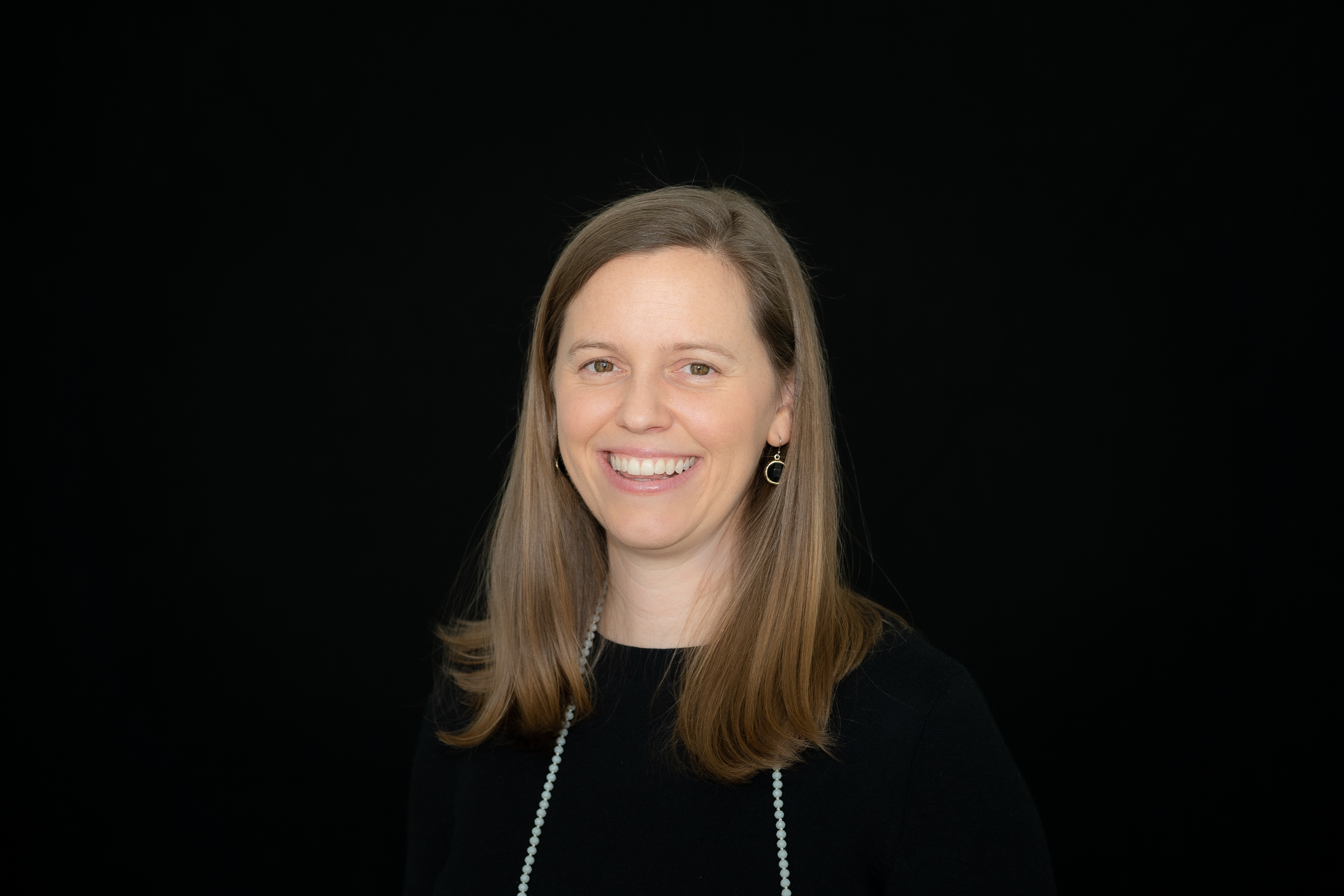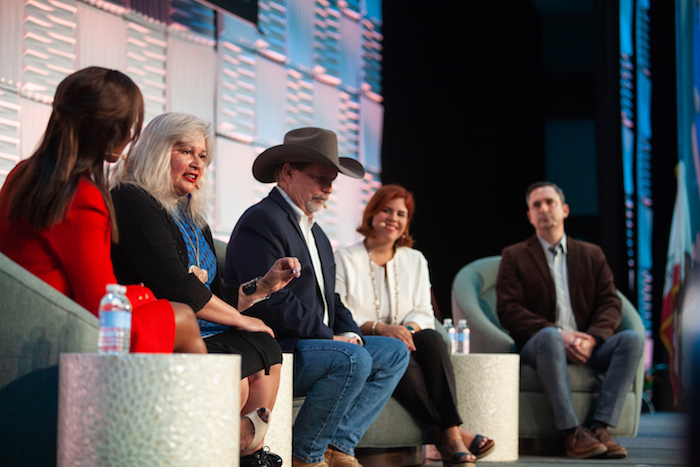4 Leaders on Facing Unimaginable Crises
By Amy Jacques
December 2019
“Before dispelling a myth about a tragedy, you have to first understand how it affects you, and what it means to be in the middle of a tragedy while you’re living through it,” said Tanya Acker, judge on the Emmy-nominated TV show “Hot Bench,” who moderated the crisis keynote panel on Oct. 20.
Acker spoke with four leaders about “unfathomable crises that forever changed cities, a commonwealth and a country,” including: Fiona Cassidy, APR, chair of the Public Relations Institute of New Zealand; Steve Vaus, mayor of Poway, Calif.; Raquel del Carmen Rivera Torres, APR, director of the Association of Public Relations Professionals of Puerto Rico; and Matt Plotkin, executive director of the Camp Fire Long Term Recovery Group.
Here are some highlights and takeaways from their conversation.
She mentioned the hashtag campaign #theyareus that helped tell the story, as there was an effort to talk about, and focus on, the people, rather than the act of hate.
“Communities were at the center of everything we did,” she said. “And there continue to be activities that are human-based and community-based.”
Cassidy said it’s important to “empower the people to get back to being people to help make us — and the country of New Zealand — better and stronger.”
When communicating a narrative of a hate-based incident during a crisis, you tell the story of the people, not of the incident, she said. “It’s not just a story — there are real people at the end of the story. Be kind and be authentic.”
He received calls from around the world. “Peopl e need to know when to stop talking to the media,” he said. “They were trying to create a political narrative, not trying to find out what was best for Poway.”
But then you move on from that, he said. “You can’t control when hate crosses your threshold but you can control how you respond to it. Once you know what you’re dealing with, you can better deal with it.”
Vaus gave out his cellphone number to the public and told people to call him with any concerns or questions. The key with a tragedy is being honest, he said.
“Be accessible to your people because there’s going to be a time when you have to be their rock,” he said. “Keep it real and commit to using words that unite and lift people.”
****
Raquel del Carmen Rivera Torres, APR, weighed in on the devastation of Puerto Rico after Hurricane Maria, which made landfall as a Category 5 hurricane in September 2017.
“We needed as much data as we can so we can craft the right message,” she said of communicating to the public. “We also need to tell the truth so we can heal.”
The important things to remember are sharing the truth, preparing for the worst, and sharing opportunities and solutions, Torres said. “We are in this together. And there is power in community and there are alliances to form. We were not only saying what we needed to say, but also saying what they needed to hear.
“Never underestimate the power of people and what communities that are united can do,” she said. “Put people first. We’re focused on making relationships mutually beneficial.”
Matt Plotkin spoke about the recovery process following the Camp Fire in Butte County, Calif., the most destructive and deadliest wildfire in California history.
“It’s innate in people to want to come back,” he said, adding that some have already secured permits to rebuild in Paradise, which was devastated in the fall of 2018. “They knew that, no matter the circumstances, they were planning to return.”
Plotkin spoke of having optimism and hope in the face of adversity. “People want to grab onto the little puzzle pieces of hope that they will build together.
“There has to be a rallying cry — home in on this, get out of the initial response of the crisis and find glimmers of hope for the future,” Plotkin said. “In these crisis situations, we sometimes have 18-to-24-hour days and minimal sleep, with lots of people asking us questions — focus on finding those nook-and-cranny moments to catch a breath, those sustainable moments.”
photo credit: albert chau
Backstage Q&A With Judge Tanya Acker
On your podcast, your bio says, “Look a problem in the eye and figure out how to fix it — social media dislikes and cathartic rants can only get us so far.” Can you expound on that statement?
to fix it — social media dislikes and cathartic rants can only get us so far.” Can you expound on that statement?
The conversation I had with the four panelists today is a perfect example of that. Here are people who are living amid some of the most serious crises that those communities have ever faced. New Zealand had never had a terrorist shooting like that. The Camp Fire destroyed an entire town. We don’t normally see this sort of thing.
It’s the whole idea of using the momentum that’s created from something negative, from a disaster, to power you through and help build something that will hopefully be a little bit better — a little more preventative, a little more educational — to stave off the next disaster, or at least mitigate it.
As communicators, how can we find the truth and encourage transparency?
One of the things Raquel [del Carmen Rivera Torres, APR of the Association of Public Relations Professionals of Puerto Rico] said on the panel today is that you’ve got to keep the people first. Remember the people. And if you remember the communities to whom you’re speaking — if you remember why it is you’re sharing these stories in the first place — then that’s one of the greatest motivations toward being honest. People aren’t going to benefit from a false conversation about a crisis.
You also mention having fun in your podcasts. For PR pros and communicators who have to be “on” all the time, how can they also find a work-life balance?
We have to make sure that we’ve got the energy to fight the next fight, and to keep it going. When you’re in the middle of a disaster or a tragic situation, it’s easy to become depleted.
Stop for a minute and remember what you want to happen next, and try to preserve enough of yourself to make that happen.
For me, I find a little yoga to be curative. I’m a big fan. But, you know, there’s not always a place to do a downward dog, right? So we have to do our best to try to stay present and not be overwhelmed. — Amy Jacques



